Triple heroes burial set for tomorrow
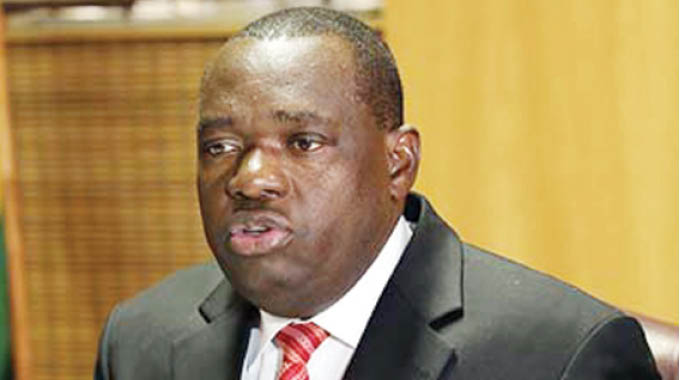
Harare Bureau
Zimbabwe will tomorrow witness the interment of three national heroes on the same day, the first time this is happening, in what will also highlight the grim times the country is enduring because of the Covid-19 pandemic.
Home Affairs and Cultural Heritage Minister Kazembe Kazembe yesterday announced the triple burial of Foreign Affairs and International Trade Minister Lieutenant General (Retired) Dr Sibusiso Busi Moyo, who died on Wednesday last week, Transport and Infrastructural Development Minister Dr Joel Biggie Matiza and former Zimbabwe Prisons and Correctional Services Commissioner General, Major-General (Retired) Paradzai Zimondi who both died on Friday.

The late Minister Dr Joel Biggie Matiza
The three died after testing positive for the deadly Covid-19 virus, which has killed more than 1 000 Zimbabweans from related complications.
Minister Kazembe said the burials would be in compliance with the Government’s strict Covid-19 control measures.
“They will all be buried on Wednesday at the National Heroes Acre,” said Minister Kazembe.
“We are in the middle of a global pandemic, and all the containment measures will be adhered to. These include limited numbers at the Heroes Acre to curtail the spread of the pandemic,” said Minister Kazembe.
Vice-President and Minister of Health and Child Care Dr Constantino Chiwenga sent a condolence message to the Matiza family saying the minister’s death had left a void in Government that would be difficult to fill.
“Before his appointment as Minister of Transport and Infrastructural Development, he held other demanding portfolios including being Minister of State for Mashonaland East Province, and Deputy Minister of Local Government, Public Works and National Housing.
“The fact that he was entrusted to hold such portfolios signifies the wealth of experience in Government that he accumulated over the years,” said VP Chiwenga.
He said Dr Matiza was a resolute and transformative minister committed to implementing transport and infrastructural development programmes and projects.
VP Chiwenga said Minister Matiza advocated the utilisation of local materials and human capital, which helped to reduce operational costs and empowered the expertise abundant in the country.
VP Chiwenga also mourned Major General (Retired) Zimondi, describing him as a stalwart of the war of liberation, and chronicled some of his exploits, pre and post-independence.
He said Major General Zimondi joined the liberation struggle as a cadre of the Zimbabwe African National Liberation Army (Zanla) in 1974 and underwent military training at Mgagao in Tanzania.
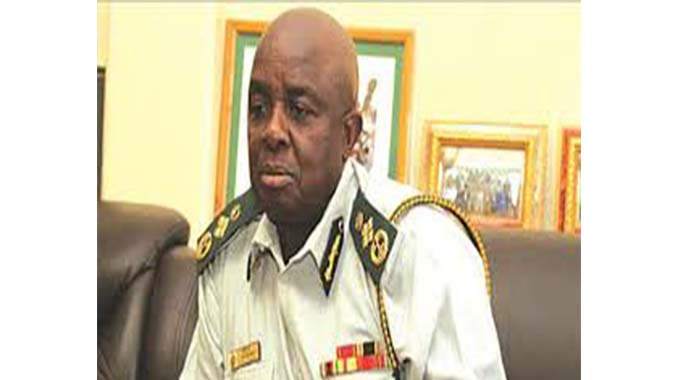
The late Major-General (Retired) Paradzai Zimondi
The VP said this was the second group to be trained at Mgagao by the late Air Chief Marshal (Retired) Perrance Shiri.
“After completing training, he was chosen to be an instructor. However, that appointment was shortlived as he was nominated to be part of the comrades who were deployed to open a new front in Gaza Province for joint operations with the Zimbabwe People’s Revolutionary Army (Zipra) under the banner of the Zimbabwe People’s Army (Zipa).
“From Gaza Province, Cde Nyika was deployed to Manica Province where he was appointed Field Provincial Operational Commander. I had the privilege to work under him as his Provincial Political Commissar until my promotion to Deputy Political Commissar of Zanla.
“Cde Tonderai Nyika was a close friend and fellow member of the Zanla High Command. Due to his diligence and acumen, he was given operational tasks that made a great impact in turning around the tide of the liberation war effort against the Rhodesian colonial establishment.”
He said apart from commanding Manica Province, he was part of the Zanla contingent that carried out the very first attack on Rhodesia’s third largest city, Umtali (now Mutare) in 1978.
“He was, indeed, a great strategist and shrewd commander.”
In post-independence Zimbabwe, Major General (Retired) Zimondi had an illustrious service in the Zimbabwe National Army where he was Colonel General Staff (Col GS) in charge of army operations, Commander I Infantry Brigade, Chief of Defence Intelligence and Commander, Presidential Guard Brigade.
On retirement in 1997, he was assigned to the then Zimbabwe Prison Service (now the Zimbabwe Prisons and Correctional Service) and later became its Commissioner-General.
“Among other modernisation strategies, he spearheaded the transformation of the correctional service to focus on rehabilitation of the offender.
“The late Major General (Retired) was a field commander and administrator par excellence. His contribution after the liberation war was unparalleled.
“He was conscious that one of the major reasons for waging the liberation war was the skewed land ownership perpetrated by the Rhodesians. He therefore, participated fully in the Land Reform Programme.
“In this regard, over and above his life in the services, he became an acclaimed farmer who contributed immensely to Zimbabwe’s efforts to attain food security for the country,” said VP Chiwenga.
Commander Defence Forces (CDF) General Philip Valerio Sibanda said they felt very empty without the late Dr Moyo, as tributes continued to pour for the decorated military commander.
Lieutenant General (Retired) Moyo during his time in the army, worked under the command of General Sibanda, and the country’s top soldier described the loss of the national hero as a big cost to the nation.
“It is a major loss to the country. SB was a very dedicated patriot. As a soldier, we never doubted him.
“If there was something we wanted done, SB was there to do it. We feel very empty without him,” said General Sibanda.
Mashonaland West Provincial Affairs and Devolution Minister, Mary Mliswa-Chikoka, also mourned the late national heroes.
“On my behalf and on behalf of Mashonaland West province and the nation at large, I want to pay my condolences to the President, His Excellency Emmerson Mnangagwa, and the families of the recently departed heroes. The death of Minister (Ellen) Gwaradzimba was a huge blow to women politicians. She was a leading example,” she said.
“Minister Matiza was working to ensure that roads and infrastructure in the province would improve.
“He promised to expedite completion of the Alaska-Copper Queen Road during his last tour. The province had hope and trust in him.
“The minister agreed to tour the road and after his visit, there was a remarkable and commendable pace from the workers.
“The minister was also committed to putting the road on the current budget. We are positive that once the road is completed, it will open economic fortunes for the cotton and gold-rich districts of Kadoma, Sanyati and Gokwe North.”

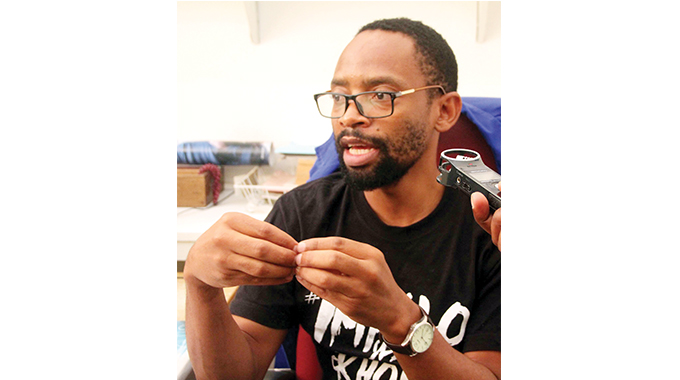


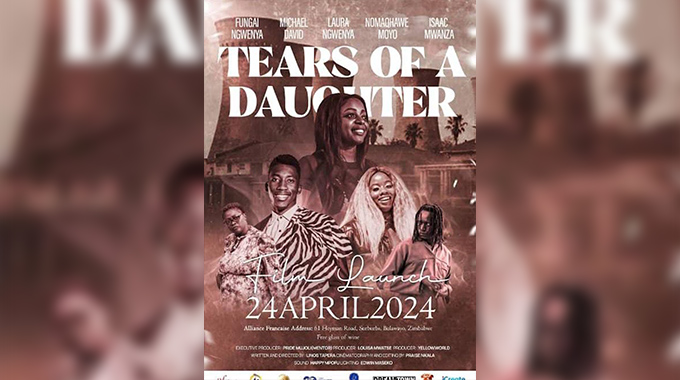
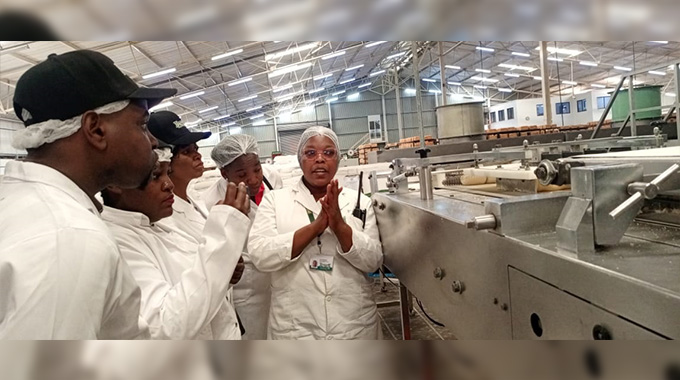





Comments